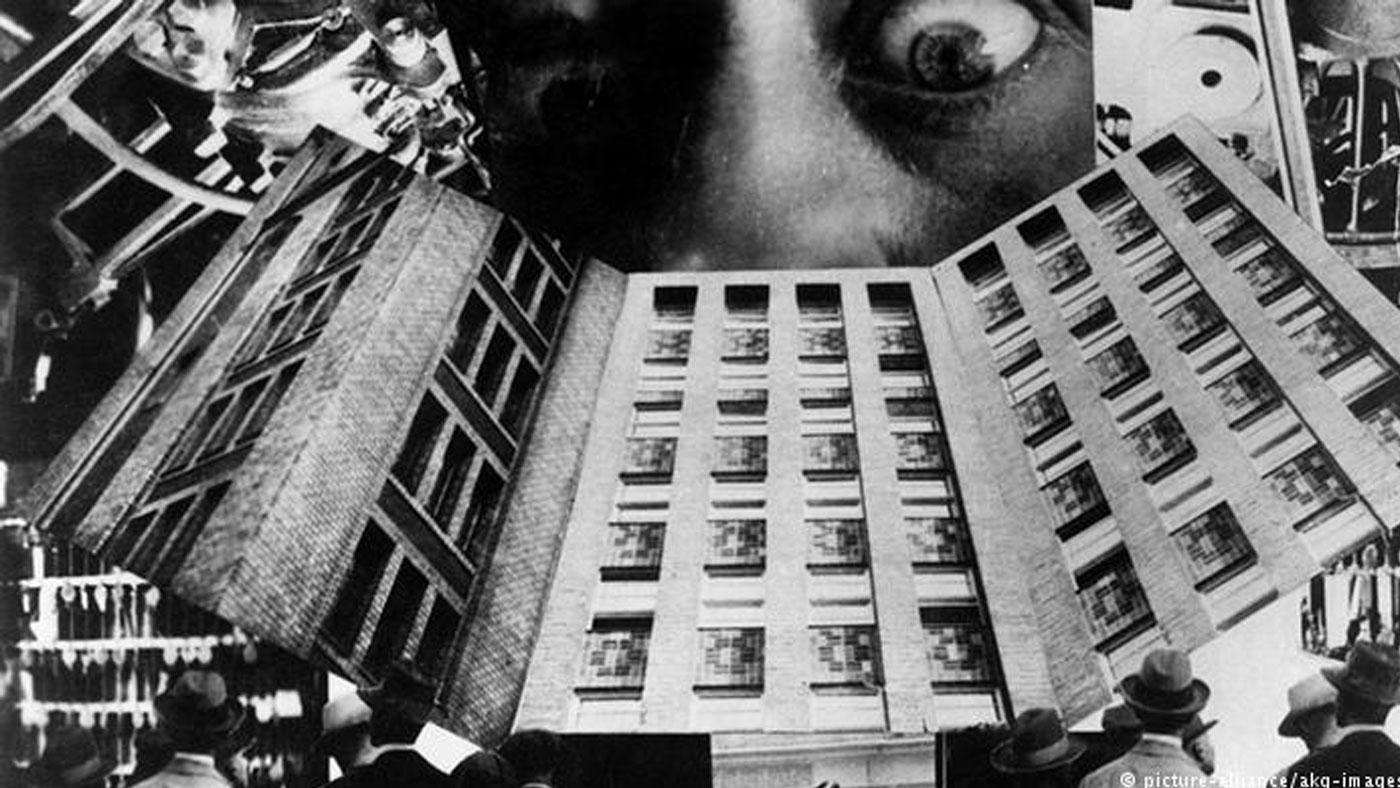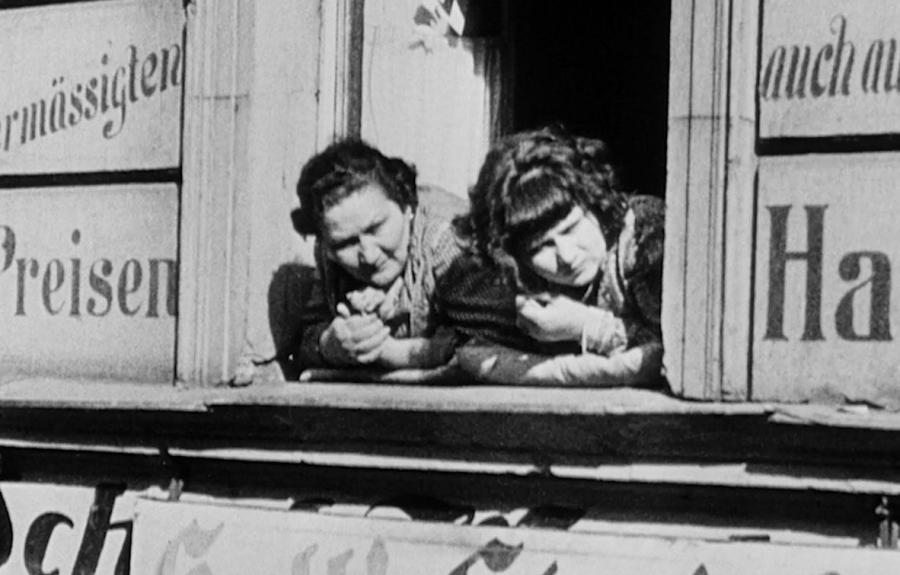Berlin: Symphony of a Great City

Walter Ruttmann's masterpiece is lively photomontage capturing 24 hours in the life of the metropolis of Berlin in 1927. Unlike similar efforts by his contemporaries Dziga Vertov and Alberto Cavalcanti, Ruttman and scenarist Carl Mayer (The Cabinet of Dr. Caligari, 1920) attempt to avoid political or social commentary, instead opting, in cinematographer Karl Freund’s words, “to show everything.” The result is a thoroughly symphonic documentary that attempts to capture the mood of a city during a typical day.
Yet as film scholar Siegfried Kracauer has observed, what footage finally made it into the film ends up saying more about Weimar society than what the filmmakers had probably intended originally. Apart from its value as a social document, Berlin: Symphony of a Great City is also an important early example of cinema verité, with Freund deploying a “candid camera” hidden in such places as mirrors and suitcases.
Film website: www.deutsche-kinemathek.de/de/sammlungen-archive/filmverleih/detail?movie_id=1032529

